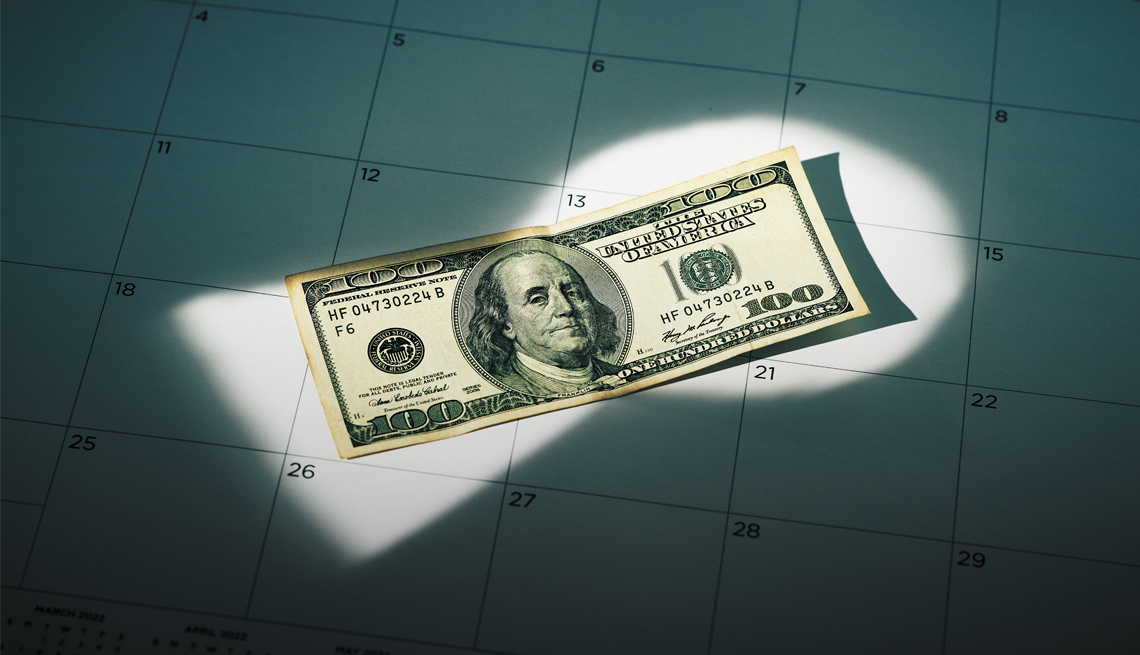
- Select a language for the TTS:
- UK English Female
- UK English Male
- US English Female
- US English Male
- Australian Female
- Australian Male
- Language selected: (auto detect) - EN
Play all audios:
If the Tory party were a corporation it would now be in administration. Liz Truss has resigned as CEO, inevitably. The party’s share price has collapsed, rendering it almost worthless.
Truss’s successor, unelected, without a mandate, will be chosen by the king-makers within a week. An election cannot be far away. National humiliation does not come more ruinous than this.
It brings to mind jewellery empire Gerard Ratner’s 1991 public comment that sank his family business: “People say: ‘How can you sell this for such a low price?’ I say: ‘Because it’s total
crap.’” The Tories are tearing themselves apart. The Prime Minister’s fall after just 44 full days in office, follows the resignation of the Home Secretary yesterday. Suella Braverman left
behind a poisonous letter that says as much about her artless ambition as it does about the policy pandemonium at the heart of government. Tory MPs are, once again, in open revolt. The civil
war that sundered the party over Europe, eventually leading to Brexit, has erupted again. Hardline Europhobes bet the farm on Brexit giving them permission to pursue a far-Right agenda:
tougher immigration laws; an anti-woke crusade; a return of the rhetoric that characterises people as strivers or scroungers; tax cuts as the panacea that delivers growth; tofu-shaming. They
were wrong. (So, incidentally, were those of us — including me — who pigeonholed Brexit as a primarily far-Right project.) Nevertheless the far-Right — call them libertarians although that
tarnishes the meaning of liberty — have been put firmly in their place. The markets, the majority of their party and, by all accounts, the country, have called time. Suella Braverman, the
ex-Home Secretary, may be climbing in the estimation of older Shire Tories in her naked bid for the top job. But they are not the future. Younger, better-educated Tories, especially those in
swing seats gained from Labour in 2019, are socially conservative but noticeably more Left-leaning on economic issues. She may or may not lead a political party someday. But it won’t be the
Conservatives. In his 2020 study of attitudes among MPs, party members and voters, Professor Tim Bale at Queen Mary, University of London finds that defecting Labour voters in 2019 are
considerably less enthused by Trussonomics than the party and its spin-doctors believed. On all the trigger questions – redistribution, whether ordinary people get a fair share of the
nation’s wealth, whether there’s one law for rich and one for the poor – they poll to the Left of the Truss, Kwarteng, Braverman, Rees-Mogg wing of the party. We can argue whether a Labour
government led by Sir Keir Starmer would be good, bad or indifferent. But it can’t be worse than this. Truss will be a small footnote in the history of the Tory party. Her career matters
less than the damage done to the country’s reputation. A spectacularly poor piece of judgement has turned an economic fiasco into a recurring political crisis that casts doubt on Britain as
a functioning state. An elderly pensioner was asked whether she, at least, felt relieved that the Prime Minister had overruled the Chancellor and announced that the state pension triple lock
(which guarantees pensions will rise with inflation) would remain. Well, yes, she said, I am. But will it be in place tomorrow? Economic growth and political stability are joined at the
hip. Where political instability takes root it tends to feed on itself. In times of economic crisis, such as the world is experiencing, this has a direct effect on the economy and the
prospects for growth. Rising uncertainty over economic policy spills over not just into financial markets but, crucially, into investment. Why would a company invest in Britain if it doesn’t
know who will be in charge tomorrow? Studies have shown that political uncertainty is an even bigger factor in influencing investment decisions than tax policy. Five percentage points
either way on corporation tax is neither here nor there if the Government is playing musical chairs. Then there’s the question of Britain and its international partners. How do they feel
about the merry-go-round? Should they trade, visit, invest in, study in the UK? Britain’s obsession with party political matters, the in-fighting on Left and Right, our struggle to settle on
a post-imperial role, the fragility of the Union, all these play into a narrative that suggests Britain has lost its marbles. Britain is seen as the country that stands ready to rip up
international treaties for political advantage. Our soon to be ex-Prime Minister wonders out loud if the President of France, a country woven into British life as the warp to our weft, is
friend or foe, merely to please her base. Our Home Secretary, gate-keeper of the nation’s security, brands people who eat tofu as anti-growth. But of course this is not Britain. It’s a small
sliver of a minority of culture warriors who, having crushed fellow Tories who favour an open, liberal, big-hearted, sound money country, badly miscalculated on the back of Brexit. The
pendulum will swing back. We shall see how this tragedy plays out. But as they deliberate on how to move on from this shambles, the Tories need to think hard about what duty to country as
opposed to party really means. A MESSAGE FROM THEARTICLE _We are the only publication that’s committed to covering every angle. We have an important contribution to make, one that’s needed
now more than ever, and we need your help to continue publishing throughout these hard economic times. So please, make a donation._







